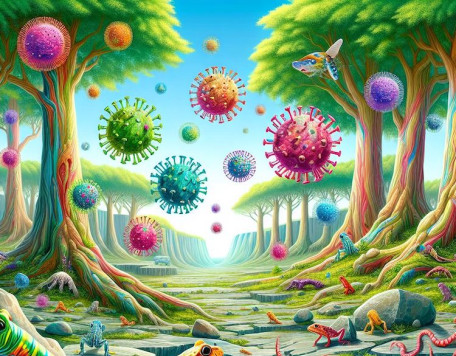© Pint of Science, 2025. All rights reserved.
We've come a long way since our dispersal from Africa. How do ancient DNA and population genetics help us understand our geographical and evolutionary origins? Join us to discuss human adaptation, evolution and their roles in contemporary disease with researchers currently shaping the field.
Ancient DNA and ancestry
Dr Pontus Skoglund
(Principal investigator at the Francis Crick Institute)
In his talk, Dr Skoglund will answer following questions: How can we understand ancestry and human population history? How do the population ideas of ancestry people have today apply as we go back into the past? What has ancient DNA taught us about the peopling of the world? Why is important to understand past human biological variation and adaptation to understand the biology of health and disease today?
How people (other others) survived at the extreme
Dr Matteo Fumagalli
(Lecturer in Quantitative Evolution at ICL)
After the out-of-Africa dispersal, humans encountered new environments, including different climatic conditions, food availability and pathogens. This exposure to novel conditions imposed natural selective pressures, which are responsible for the differentiation between modern populations. The genomes of modern and ancient populations shed light on the events that characterised our adaptation to novel environments, cold climates and high-fat diets. Finally, they allow the interpretation of susceptibility to common disorders from an evolutionary perspective.
Map data © OpenStreetMap contributors.
Other The Britannia events
2025-05-19
Pathogens in the Modern World: Evolution, Survival and Outbreaks
The Britannia
1 Allen St, Kensington, London, W8 6UX, United Kingdom
2025-05-20
Towards Sustainable AI - Mitigating the Real Cost of Artificial Intelligence
The Britannia
1 Allen St, Kensington, London, W8 6UX, United Kingdom



